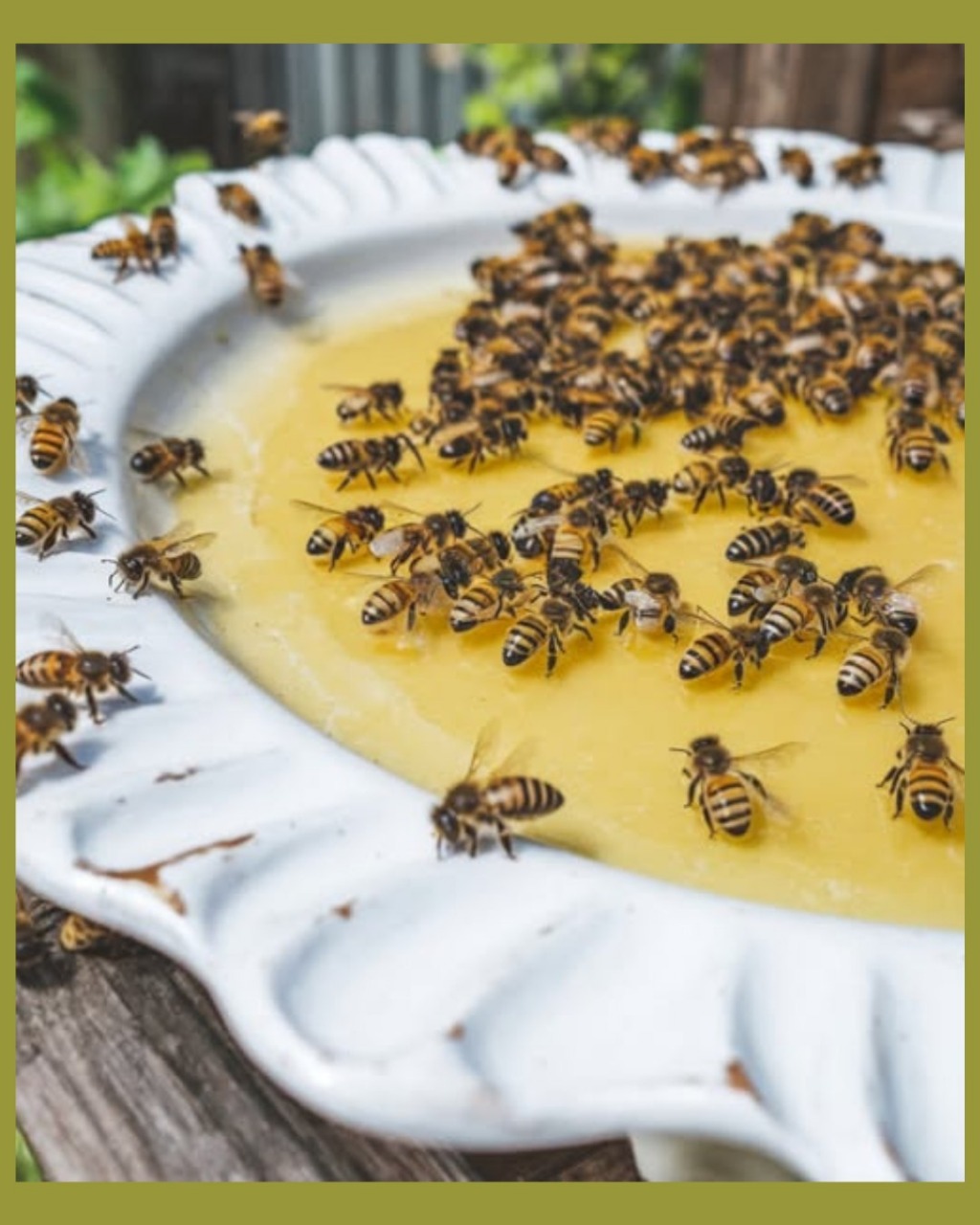How to Support Bees in the Summer: Simple Ways to Help Protect These Essential Pollinators
As the summer months approach, it’s crucial to remember the role that bees play in our ecosystems and food production. These tiny, hardworking creatures are responsible for pollinating a large percentage of the world’s crops, including fruits, vegetables, and flowers. Yet, due to various environmental challenges, including habitat loss and pesticide use, bee populations are declining at an alarming rate.
If you’re passionate about protecting these important pollinators, there are many simple ways you can help support bees during the summer. By making a few changes in your garden, lifestyle, and community, you can contribute to the health and survival of these fascinating insects. Let’s dive into some of the most effective ways to support bees in the warmer months.
1. Plant Bee-Friendly Flowers and Plants
Bees are attracted to a wide variety of flowers, especially those that are rich in nectar and pollen. By planting bee-friendly plants, you can provide a valuable food source for them throughout the summer.
. Native wildflowers like sunflowers, lavender, and coneflowers are particularly beneficial because they’ve evolved to attract local bee species.
. Herbs such as thyme, basil, and mint are also great for bees and will thrive in your garden.
. Trees and shrubs that produce blossoms, like fruit trees (apple, cherry, etc.), provide ample nectar to help feed the bees.
. By including a wide range of plants in your garden, you can create a bee buffet that keeps them coming back for more.
2. Avoid Using Pesticides and Chemicals
Pesticides can be deadly to bees, even in small doses. Chemical treatments can harm bees directly, or they can contaminate the nectar and pollen that the bees collect and bring back to their hives. To support bees, try the following:
. Opt for organic gardening practices instead of using pesticides and herbicides. There are many natural alternatives for pest control, such as neem oil, diatomaceous earth, or introducing beneficial insects like ladybugs.
. Use companion planting to keep pests away without harming pollinators. For example, planting garlic and onions can help deter aphids, which are pests for many plants.
By reducing or eliminating chemical use in your garden, you are creating a safer environment for bees to thrive.
see next page
ADVERTISEMENT
ADVERTISEMENT

